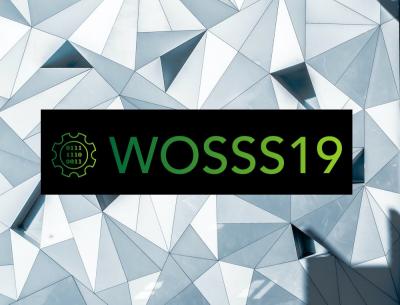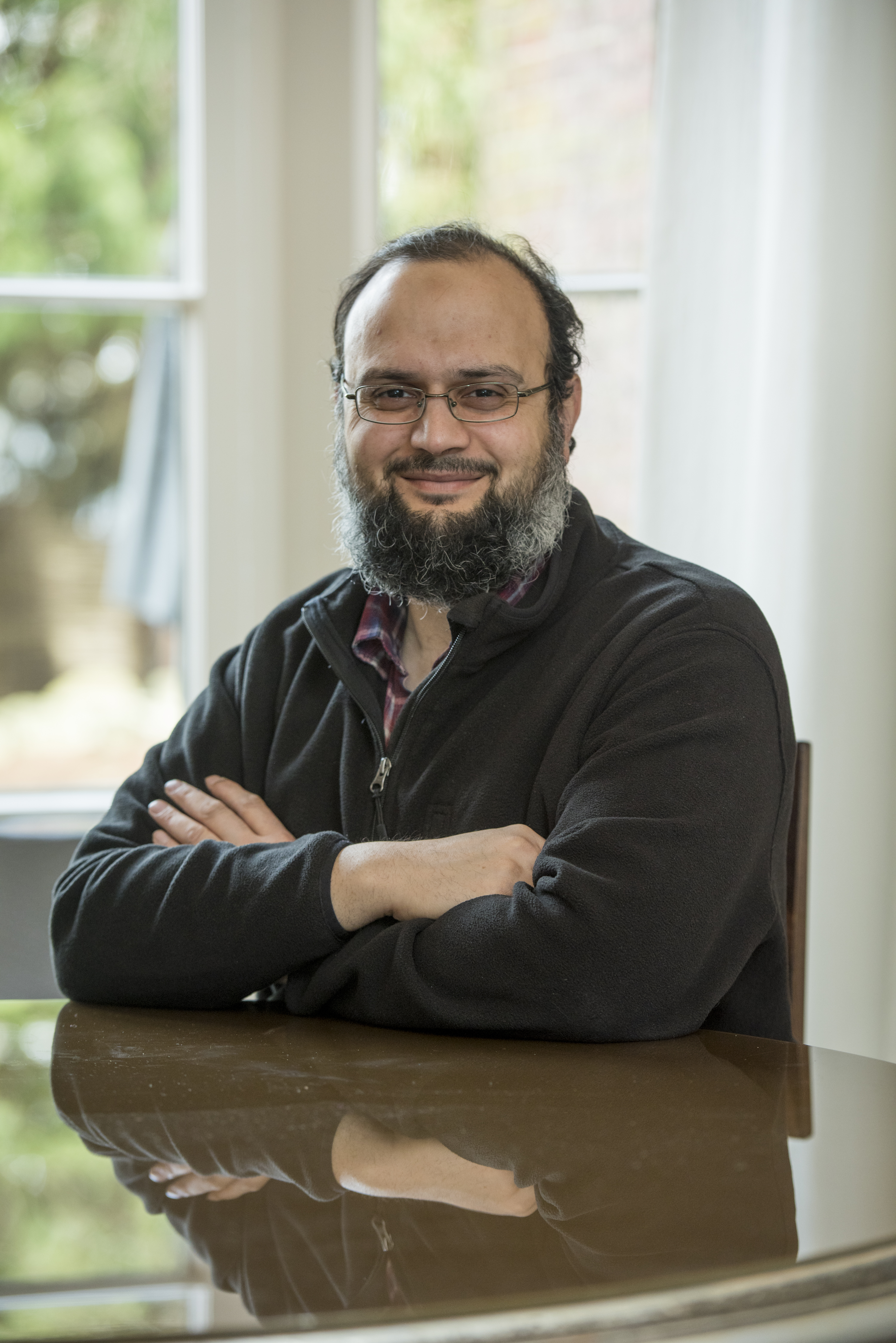Get up to speed with software sustainability - the WOSSS19 report and a look to the future
Get up to speed with software sustainability - the WOSSS19 report and a look to the future
Posted on 23 July 2020
Get up to speed with software sustainability - the WOSSS19 report and a look to the future
This blog is also published on the Netherlands eScience Center blog.
Shoaib Sufi, Community Lead, Software Sustainability Institute.
Carlos Martinez Ortiz, Technology Lead, Netherlands eScience Center.
Cees Hof, Project Acquisition Manager, Data Archiving and Networked Services (DANS).
Patrick Aerts, (retired) Senior Research Fellow, Data Archiving and Networked Services (DANS) & (retired) Senior Advisor, Netherlands eScience Center.
 Based on a Photo by Joel Filipe on Unsplash
Based on a Photo by Joel Filipe on Unsplash
The report is now available from the Workshop on Sustainable Software Sustainability 2019 (WOSSS19). The workshop took place in April 2019, in The Hague, the Netherlands, bringing together a range of people from different perspectives including: Research Software Engineers, researchers who code, data stewards, FAIR experts, advocates for better software, cultural heritage experts and HPC developers. The overarching themes were ‘Preventing New Legacy’, ‘Legacy and Recovery’ and ‘Policy and Quality’.
The workshop focused on developing software right from its inception to making legacy code easier to deal with, how to assess software quality and the policy initiative needed to keep software sustainability a coordinated effort. It was co-organised by Data Archiving and Networked Services (DANS), the Software Sustainability Institute (SSI) and the Netherlands eScience Center.
The workshop included introductions on key themes from experts and informed people in the space. Topics covered included: software development, FAIR, EOSC, software directories, software citation, resourcing, heritage matters, software quality and plans for European co-ordination in the space of software sustainability.
The audience discussed topics raised by the introductions, and as part of this they wrote material for the report in a process adapted from the speed blogging approach. Those who spoke or contributed to the discussions are therefore all authors on the report. There were a number of review cycles after the workshop guided by the report editors (Shoaib, Carlos, Cees and Patrick).
There were six key areas of specific recommendation in the workshop report. These are in terms of credit, cultural heritage, FAIR software, funding, policy and training. Some of the findings are detailed below (for the complete set, see section 4 of the report).
The efforts around FAIRification of software, i.e. the FAIR principles being applied to software, have implications far beyond just researchers as they impact funders and journals. There should therefore be joint efforts to move this work forward.
At a policy level, software sustainability efforts and co-ordination across Europe need to be a priority and properly funded if we are to reuse practice and level up regions that are not active in this space.
Credit for software and the associated citation mechanisms are far from being a solved problem, even though significant effort has already been spent in this area. Getting this right remains a priority for the appropriate type and weight of credit to be attributed to software and the right stakeholders need to be involved.
The cultural heritage sector is unique in its purpose to preserve culture, thus technology choices should be made which align to its goals. It is noted that pressures on commercial software providers can be at odds with these goals.
Training remains central to sustainability efforts and it should address all levels of practice. Best practices for curricula development and growing capacity (e.g. increasing the number of instructors) should be learnt from initiatives such as The Carpentries.
The report is available at Zenodo (if you are short on time, read section 4, ‘Executive summary and key recommendations’). Take part in the conversation on Twitter. Comments are welcome, please contact Shoaib Sufi from the WOSSS19 editors group.
The Workshop on Sustainable Software Sustainability 2021 (WOSSS21) is being planned for quarter three of 2021 as an in-person event at the University of Manchester, UK. The overarching themes and communities of the WOSSS initiative and the WOSSS21 workshop are research software, legacy systems and the cultural heritage sector. If you would like to hear when more details on WOSSS21 become available please complete this form.

